Univ. of Copenhagen and Linguistics Roskilde Univ.: Rikke Andreassen, Michael Nebeling Petersen, Camilla Bruun Eriksen, Tobias de Fønss Wung-Sung, and Marie Lunau
Time: 22.-23.05.2025
Venue: Copenhagen, Denmark
Proposals by: 10.01.2025
The international conference aims to discuss and critically explore the “queer” in queer and trans history. The organisers invite dialogues about and engagement with methodologies, temporalities, theories and analytical approaches that interpret, imagine and preserve queer and trans history as queer. Queer history commonly refers to the study and documentation of the lives, experiences, cultures, and struggles and joys of LGBTQ+ people in the past. It covers a wide range of topics, including how gender and sexual diversity has been expressed, understood, and regulated in different societies, as well as how political, social, and cultural movements have sought to challenge discrimination and promote LGBTQ+ rights. In this sense, queer history is about carving out the contours of queer and trans lives, communities and cultures of the past.
Queer history is about challenging traditional ideas about archives and representation. Much of queer history has been erased, suppressed, silenced, or ignored by mainstream historical narratives. Queer historians have had to work creatively to uncover queer histories, using letters, diaries, court records, photographs, and oral histories to reconstruct the lives of LGBTQ+ people. Queer history often challenges proper objects of study. While queer history aims to understand and shed light on LGBTQ+ pasts, we do not always know beforehand how these sexual and gendered categories emerge and assemble in distinct historical or contemporary situations. Therefore, queer history increasingly investigates the intersection of LGBTQ+ identity with other marginalized identities, including race, class, and disability. It can be argued that modern categories of gender and sexuality cannot be understood outside the violent historical and cultural fabrication of racial difference during slavery, colonialism, and imperialism. In this way, queer history often intersects with other critical approaches, such as feminism, postcolonialism, and critical race theory, to understand how gender and sexuality are shaped by other social factors like race, class and disability, as well as mechanisms of inclusion and exclusion. Read more … (PDF)
Source: fernetzt mailing list
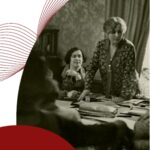 Institut für Ungarische Geschichtsforschung in Wien; Collegium Hungaricum (Web)
Institut für Ungarische Geschichtsforschung in Wien; Collegium Hungaricum (Web)
 Wienbibliothek im Rathaus (WBR) und Residenz Verlag
Wienbibliothek im Rathaus (WBR) und Residenz Verlag  Adeline Mueller (Mount Holyoke Coll.), Christopher Parton (Princeton Univ.), and Annette Richards (Cornell Univ.)
Adeline Mueller (Mount Holyoke Coll.), Christopher Parton (Princeton Univ.), and Annette Richards (Cornell Univ.) 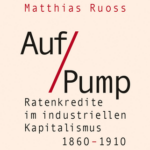 Institut für Historische Sozialforschung
Institut für Historische Sozialforschung 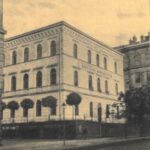 Institut für Wissenschaft und Kunst – IWK
Institut für Wissenschaft und Kunst – IWK 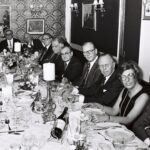 UMR SIRICE, the Univ. Paris 1 Panthéon-Sorbonne, and the UCLouvain Saint-Louis Brussels; Laurence Badel, Peter Hallama, and Sophie Jacquot
UMR SIRICE, the Univ. Paris 1 Panthéon-Sorbonne, and the UCLouvain Saint-Louis Brussels; Laurence Badel, Peter Hallama, and Sophie Jacquot  Reihe „Historische Lichtbildvorträge“ der VHS Wiener Urania
Reihe „Historische Lichtbildvorträge“ der VHS Wiener Urania 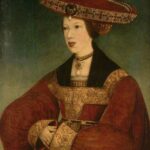 Vortrag im Rahmen der Reihe „Geschichte am Mittwoch“ des Inst. für Geschichte der Univ. Wien und fernetzt. Junges Forschungsnetzwerk Frauen- und Geschlechtergeschichte
Vortrag im Rahmen der Reihe „Geschichte am Mittwoch“ des Inst. für Geschichte der Univ. Wien und fernetzt. Junges Forschungsnetzwerk Frauen- und Geschlechtergeschichte  The 20th Berkshire Conference on the History of Women, Genders, and Sexualities
The 20th Berkshire Conference on the History of Women, Genders, and Sexualities